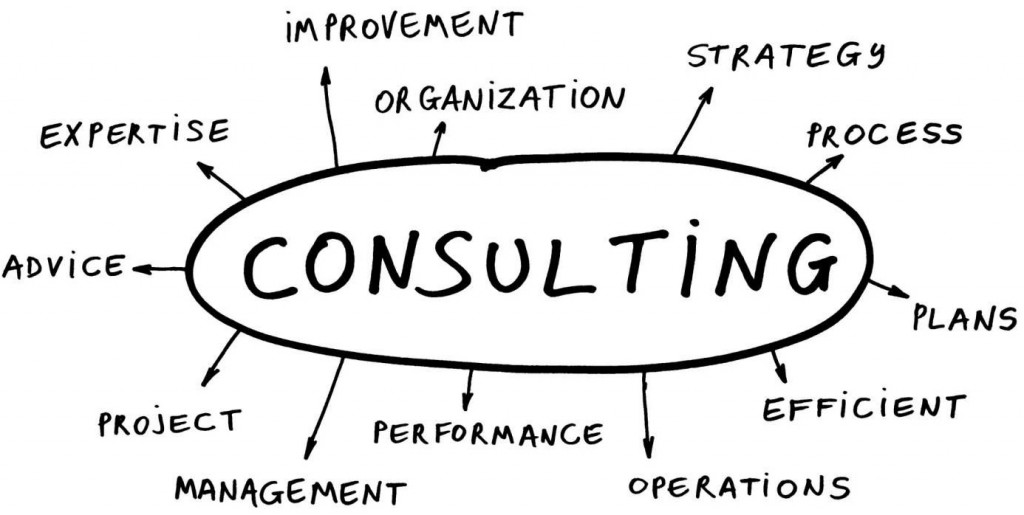
Many issues surround the management and collection of data by companies. In this article, we will examine how companies collect and manage data collected by them, and the issues surrounding the government's collection of data. We will also explore some of the methods companies use to collect data. We'll also explore the privacy concerns associated with government-funded data collection. Below are examples of data management and collection issues.
Methods of collecting data
There are many data collection methods that can be used by a company. These methods include interviews, surveys, and forms. You can also make use of electronic methods like databases and data management systems. Data collection is only part of the process. You must also analyze the data. First-party data has a higher value than third-party, because it comes from an organisation or source they trust.

Companies can make data collection a strategic strategy. It can help them make better decisions. High-quality, relevant data can help companies make better business decisions regarding their products and services. This information is useful in many business areas, such as marketing, sales, customer support, product development, and other areas.
Issues surrounding data collection
As big data continues to become a mainstream practice, concerns over its use and privacy have risen. Privacy advocates fear that big-data companies are abusing it. The U.S. Department of Justice currently investigates the data collection practices of Google, Facebook and other companies. However, most companies that collect data do so because they believe it will benefit them in the future. Scott Shipman, Sensity Systems' general counsel, and MeMe Rasmussen (privacy officer at Adobe Systems), discussed ethical concerns surrounding data collection.
Data collection is often a complex process. There are many departments within companies that can collect data about customers. These different departments can end up collecting the same information or even the wrong information. Companies can also collect too much information, which can create security issues and cause confusion about how the data will be used.
Government data management
The key step towards improving efficiency and effectiveness in government services is managing data. The government can use data for many purposes including security and climate monitoring. Government data can make a difference in the quality of democracy, citizen services, and innovation if it is collected correctly. The federal government has specific guidelines for ensuring the proper management of government data.

Government agencies can collect and analyze government data in order to improve operations, deliver better service to citizens, encourage innovation, and foster civic democracy. Agencies can get overwhelmed by data if they don't have the right data management tools or virtualization strategies. A proper data management system can allow government employees more time to work on other important tasks.
FAQ
Can anyone be a Consultant?
A consultant is someone that helps you achieve your goal. They can offer advice on how to do it better, faster and cheaper.
Consultants can help you resolve problems, make decisions, and negotiate with other people.
Consultants can be hired to assist with specific tasks or projects.
Consultants are usually paid hourly, daily or per project.
How do I choose the right consultant?
There are three major factors you should consider:
-
Experience - How experienced is this consultant? Are you a beginner or an expert? Does her resume reflect the knowledge and skills she has?
-
Education – What did this person learn at school? Did he/she pursue any relevant courses once he/she graduated? Can we see evidence of that learning in the way s/he writes?
-
Personality - Do we like this person? Would we prefer him/her working for us?
-
These questions will help us determine if the consultant is right to meet our needs. If you don't have clear answers, it may be worth meeting with the candidate for an interview.
How is consulting different to freelancing
Freelancers, who are self-employed and provide services to clients without the need for employees, are independent contractors. They generally charge an hourly rate depending on how long they spend on a client project. Consultants typically work for agencies and companies that employ them. They are often paid monthly or annually.
Consultants often have more flexibility, while freelancers can choose to work when they want and set their own rates. But consultants have more benefits like vacation days, health insurance and retirement plans.
Statistics
- So, if you help your clients increase their sales by 33%, then use a word like “revolution” instead of “increase.” (consultingsuccess.com)
- "From there, I told them my rates were going up 25%, this is the new hourly rate, and every single one of them said 'done, fine.' (nerdwallet.com)
- On average, your program increases the sales team's performance by 33%. (consultingsuccess.com)
- Over 62% of consultants were dissatisfied with their former jobs before starting their consulting business. (consultingsuccess.com)
- According to statistics from the ONS, the UK has around 300,000 consultants, of which around 63,000 professionals work as management consultants. (consultancy.uk)
External Links
How To
What is a typical day for a consultant?
A typical day will vary depending on the type of work you are undertaking. You'll spend your time researching new ideas and meeting clients.
You'll often have meetings with clients where you can discuss issues and solve problems. These meetings can be held over the telephone, online or face-to face.
The proposal is a document that outlines your ideas and plans to clients. These proposals will be presented to clients by you and a mentor.
After all the preparation, you'll need to start creating content. You could write articles, design websites, edit photos or conduct interviews.
You may need to conduct research depending on the scope of your project to find relevant statistics and figures. For instance, you might want to find out how many people you have and if they are buying more than just one product or service.
Once you have gathered enough information, it's time to present your findings to clients. You can either present your findings in writing or orally.
Finally, you must follow up with clients after the initial consultation. You could phone them occasionally to check on things or send an email asking them to confirm that you have received their proposal.
Although this process can take time, it is important to stay focused and build good relationships with your clients.